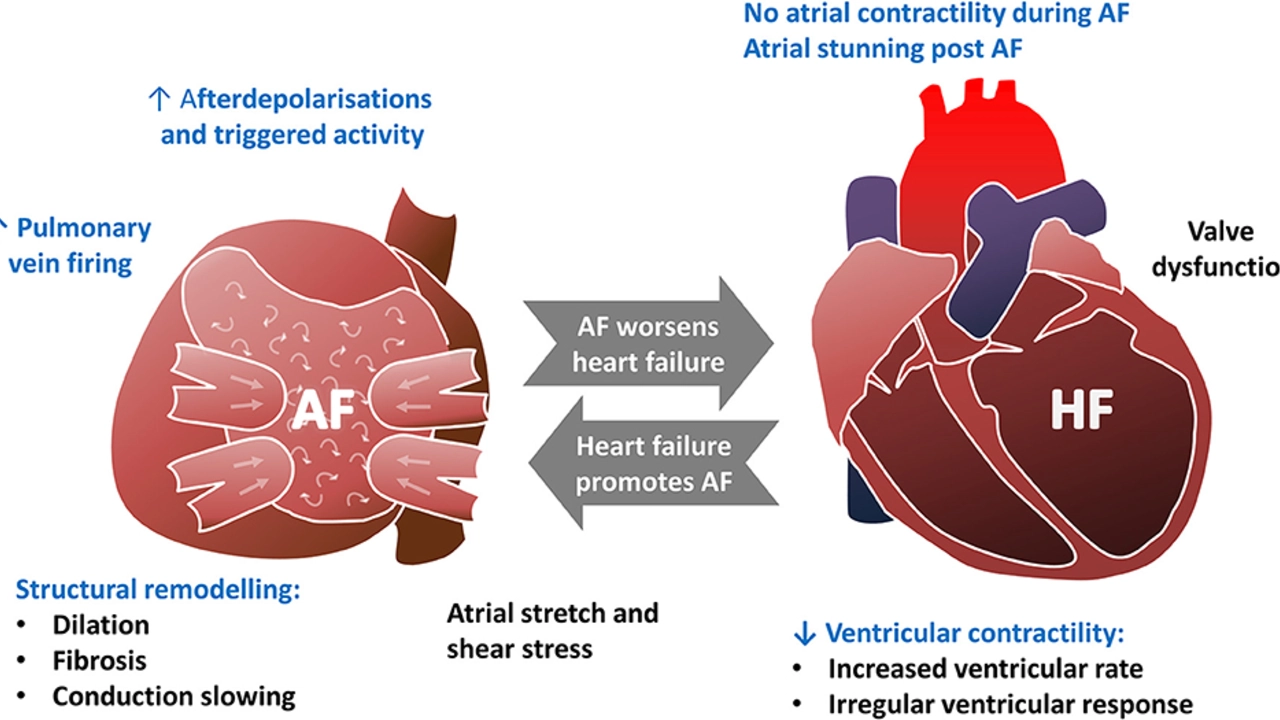Enalapril – What It Is and When to Use It
If you’ve been told your blood pressure is high or your doctor mentioned heart failure, you might have heard the name enalapril. It’s an ACE inhibitor, which means it helps relax your blood vessels so your heart doesn’t have to work as hard. In plain words, enalapril lowers the pressure inside your arteries and can improve how well your heart pumps.
How Enalapril Works
Enalapril blocks a chemical called angiotensin‑converting enzyme (ACE). That chemical normally tightens blood vessels. When you stop it, the vessels stay wider, blood flows easier, and your pressure drops. Because of this effect, doctors also use enalapril to protect kidneys in people with diabetes or to treat certain kinds of heart failure.
Common Uses
The main reasons people take enalapril are:
- High blood pressure (hypertension)
- Heart failure, especially after a heart attack
- Kidney protection for diabetics
It’s taken by mouth, usually once or twice a day, and works best when you follow your doctor’s schedule.
Dosage Guidelines
Typical starting doses are low – often 5 mg once daily for hypertension. Your doctor may raise it to 10‑20 mg per day based on how your blood pressure responds. For heart failure, the dose might start at 2.5 mg twice a day and increase slowly.
Take enalapril with or without food; just try to keep the timing consistent each day. If you miss a dose, take it as soon as you remember unless it’s almost time for your next one – then skip the missed pill.
Side Effects You Should Know
Most people feel fine, but some notice:
- Dizziness or light‑headedness (especially after first doses)
- A dry cough that won’t go away
- Headache
- Elevated potassium levels
If you develop swelling of the lips, tongue, or throat, get emergency help right away – that could be a rare allergic reaction.
Interactions and Warnings
Enalapril can interact with:
- Other blood pressure medicines (may cause too‑low pressure)
- K‑sparing diuretics or potassium supplements (risk of high potassium)
- Non‑steroidal anti‑inflammatory drugs (can affect kidney function)
Avoid using enalapril if you’re pregnant – it can harm the baby. Always tell your doctor about over‑the‑counter meds, herbal supplements, or any new prescriptions.
Tips for Safe Use
Check your blood pressure regularly and note any big changes. Your doctor may ask for blood tests to monitor kidney function and potassium levels, especially after dose adjustments. Stay hydrated but don’t overdo salty foods if you have swelling issues.
If you feel unusually weak, faint, or notice a persistent cough, call your healthcare provider. They might lower the dose or switch you to another medication.
Bottom Line
Enalapril is a reliable option for controlling high blood pressure and helping a struggling heart. The key to getting the most out of it is taking it exactly as prescribed, watching for side effects, and keeping up with doctor visits. Got questions? Your pharmacist or doctor can walk you through any concerns you have.
Enalapril and Heart Failure: What You Need to Know
In my latest blog post, I've delved into the role of Enalapril in managing heart failure. I've discovered that this medication, belonging to the ACE inhibitors group, can help lower blood pressure and reduce strain on the heart, making it easier for the heart to pump blood. It's not a cure, but Enalapril can significantly improve the quality of life for those suffering from heart failure. It's crucial, however, to understand its potential side effects and to follow your doctor's instructions closely. If you're dealing with heart failure, this could be a treatment option worth discussing with your healthcare provider.
More
